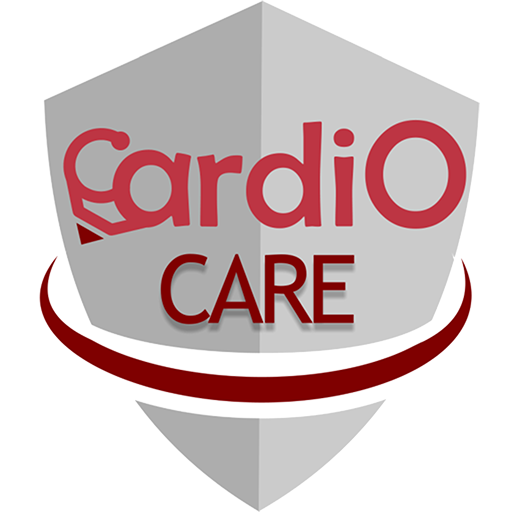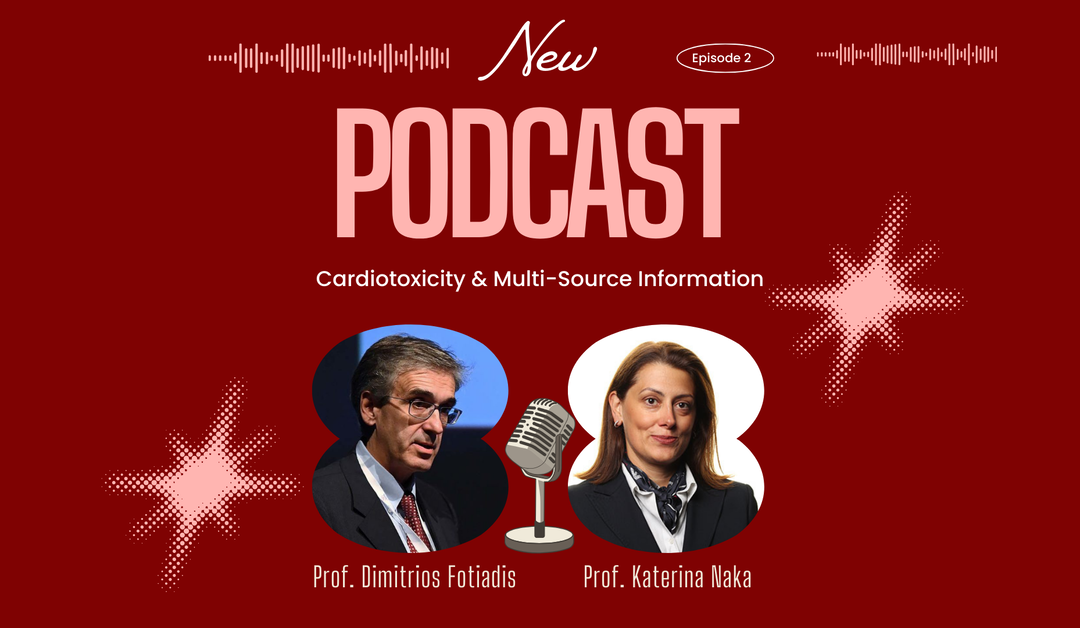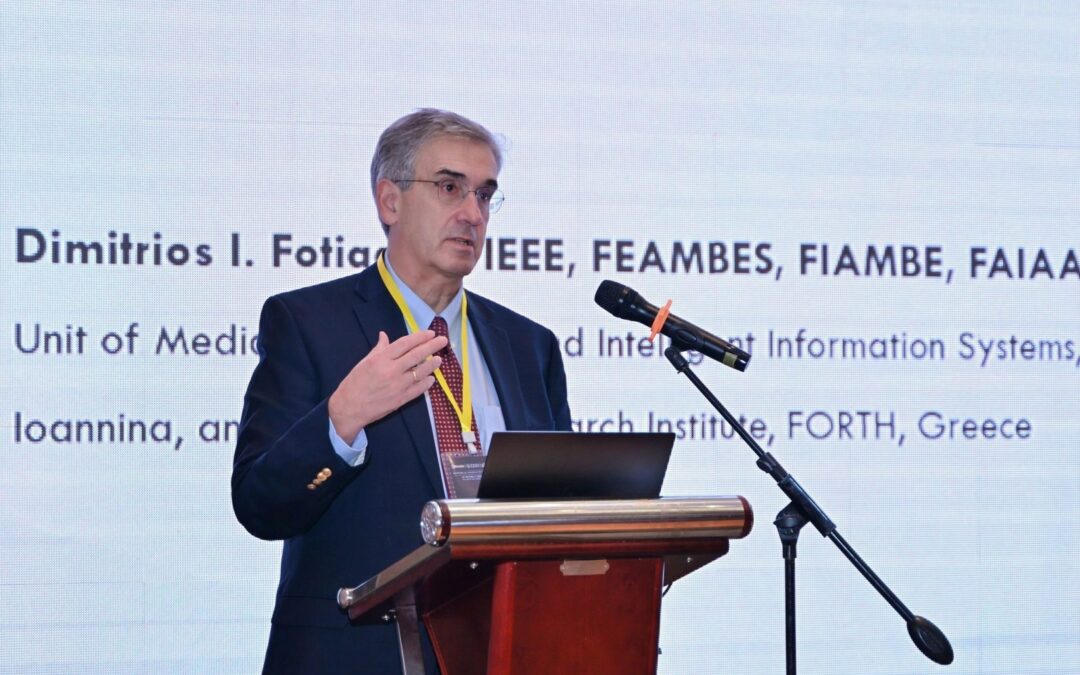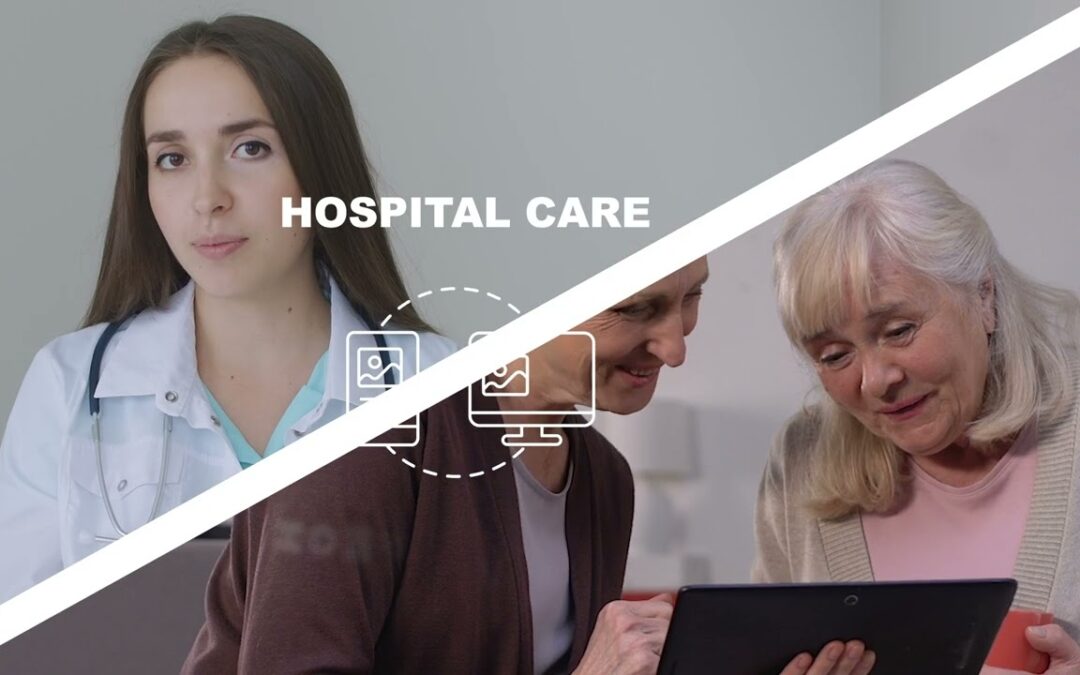by Dr. Kalliopi Keramida, Consultant Cardiologist – General Anti-cancer Hospital “Agios Savvas” & Chairperson – CardioOncology Working Group, Hellenic Society of Cardiology
International Women’s Day is an opportunity to recognize, honor and celebrate our femininity and the important contributions of women around the world! This day also reminds us of the need to promote gender equality in a world where every woman should be able to develop, work and live without restrictions because of her gender. The possibility of equal opportunities for women is emerging as a vital goal, not only in the workplace, but also in every aspect of their lives, with an important part of this effort being the promotion and protection of their health.
The most common type of cancer in women worldwide is breast cancer. It is estimated that 1 in 8 women will be diagnosed with breast cancer. Τhe incidence of breast cancer is increasing with age and it is approximately three times higher in patients over 85 years old. Thanks to the evolvement of anticancer therapies, survival from this type of cancer has improved significantly in recent years, with 5-year survival estimated at about 90%, 10-year survival at 84%, and at 15 years 80%.
Treatment of breast cancer may include surgery, radiation therapy, chemotherapy, newer targeted drug therapies and hormonal therapies. Some of these treatments and/or their combination may affect patients’ heart with the development of “cardiotoxicity”. This term includes several different effects, such as hypertension, arrhythmias, heart attacks, valvular diseases or even heart failure. The risk of cardiotoxicity is increased in the elderly patients, due to comorbidities, frailty and pre-existing cardiovascular disease. Fortunately, the incidence rate of serious cardiotoxic complications is quite low (about 10%), but it can affect patients’ outcome and survival. For this reason, prevention is extremely important.
To prevent cardiotoxic complications and improve cancer-related outcome, regular exercise even during chemotherapy, normal body weight, balanced diet and cessation of smoking should be recommended to all patients. Furthermore, patients must be supported in this difficult in every possible way:
- Specific recommendations and instructions for exercise adapted to the disease and physical condition of each patient
- Dietary guidelines depending on cancer treatment, but also depending on the metabolic and cardiovascular profile of the patient (eg, obesity, diabetes, hypertension)
- Referral to smoking cessation clinics
- Informative material (brochures, websites, books, etc.)
- European Society of Cardiology guidelines: Cardio-Oncology: what patients need to know
- heartfailurematters.org: Cancer Therapy and Heart Failure
- MacMillan Cancer Support: Cancer information and support
The role of oncologists and cardio-oncologists in preventing cardiotoxicity is crucial. Firstly, all patients should be informed that BEFORE starting any treatment or intervention (e.g. surgery), a complete cardiac examination must be performed, ideally in a cardio-oncology clinic. In these clinics the baseline cardiotoxicity risk will be assessed, and the surveillance strategy will be defined according to this risk. Control of cardiovascular risk factors, such as hypertension, cholesterol and glucose levels, will also be optimized. Finally, the patient will be informed about her long-term cardiac follow-up plan after completing the treatment of breast cancer.
Cardiotoxicity risk prediction and prevention is vital for patients’ quality of life and survival. To address this need, CARDIOCARE is an EU-funded project that focuses on the elderly breast cancer population and through a holistic approach including eHealth applications, wearable sensors and biomarkers will provide the ability to patients to take part in their care process and enhance their physical and mental health, contributing to an individualized care plan and a psychological adaptation to their disease. The aim of CARDIOCARE is to develop a novel cost-effective risk-stratification strategy based on new sets of quality key performance indicators (clinical, imaging, omics, biomarker, psychomarker, intrinsic capacity, wearable sensor, eHealth application data) and by employing machine learning approaches, to provide evidence-based best practices to improve the management of the elderly breast cancer patient at risk for cardiac toxicity.
Life is a jubilant journey for every woman independently of her age and she can relish it by triumphing over obstacles and challenges, including cancer, with the steadfast companion of a healthy heart!
Happy International Women’s’ Day!




